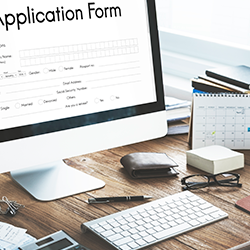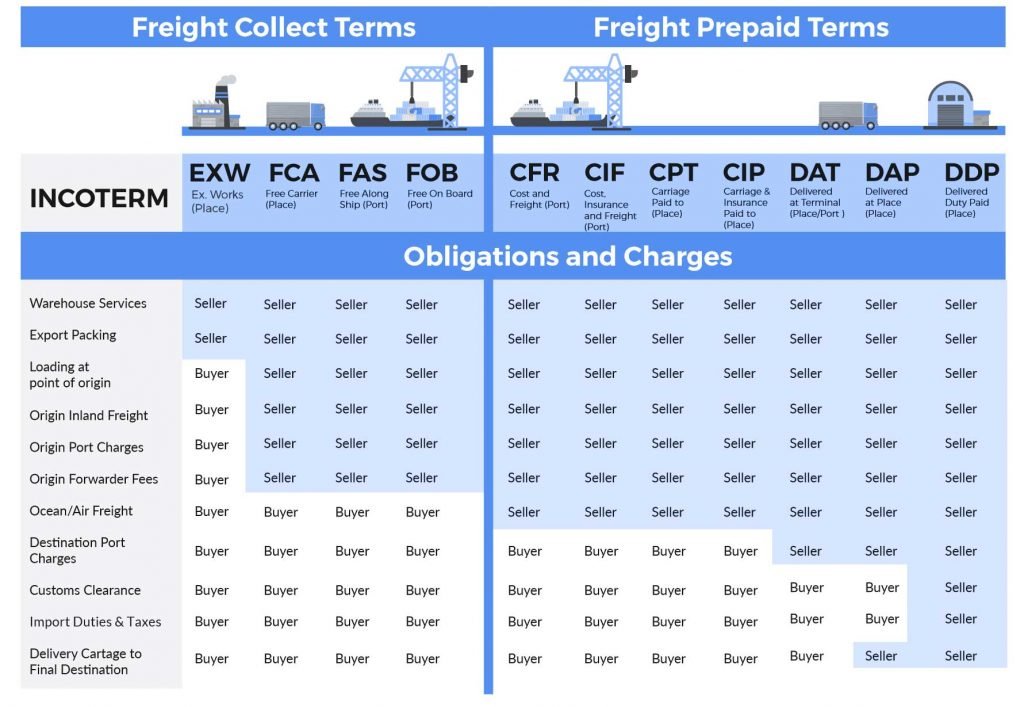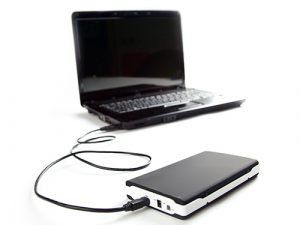OURPROCESS
From inception to delivery, DTL Sourcing accompanies you at every step.
DTL ensures the entire process is managed effectively to deliver you quality products in a timely and efficient manner, and at competitive prices. Irrespective of the type of product you need or the quantity, we strive to provide for your needs in the most efficient way possible.
Sourcing has various facets and DTL Sourcing understands them all.

01. Request Processing
Our expert professionals are here to help you. We ask the right questions to assess and understand your needs to find you the most suitable products. DTL Sourcing’s assessment experience in this area allows us to be more specific in targeting appropriate manufacturers.

02. Sample Production
If your specifications require customized production, that’s no problem! DTL Sourcing have the knowledge and channels in-place to get this done in a timely and professional manner. Under your instruction, we can arrange a sample product from some of the most well-respected factories and cost-effective factories in the world. The sample will then be express expedited to you for inspection and sign-off.

03. Bulk Production
Once validated, checked and verified, bulk production of your order will be completed at a fast turnaround (TBC at time of order), with express manufacturing available on request. DTL Sourcing have all the checks and balances in place to ensure production runs smoothly and the finished product is manufactured to the exacting standards agreed upon.

04. Quality Check and Delivery
Before delivery, we ensure that the finished products passes stringent quality control checks, and are the exact replica of the sample confirmed by you. Our delivery will be on time to meet your deadlines, in conjunction with INCOTERMS as agreed by all parties. DTL Sourcing are with you every step of the way. We’ll keep you updated on the delivery date & process and advise you on timing required for your planning.
EXW (Ex Works)
The buyer bears all costs and risks involved in taking the goods from the seller’s premises to the desired destination. The seller’s obligation is to make the goods available at his premises (works, factory, warehouse). This term represents minimum obligation for the seller. This term can be used across all modes of transport.
FCA (Free Carrier)
The seller’s obligation is to hand over the goods, cleared for export, into the charge of the carrier named by the buyer at the named place or point. If no precise point is indicated by the buyer, the seller may choose within the place or range stipulated where the carrier shall take the goods into his charge. When the seller’s assistance is required in making the contract with the carrier the seller may act at the buyers risk and expense. This term can be used across all modes of transport.
FAS (Free Alongside Ship)
The seller has fulfilled his obligation when goods have been placed alongside the vessel at the port of shipment. The buyer is responsible for all costs and risks of loss or damage to the goods from that moment. The buyer is also required to clear the goods for export. This term should only be used for sea or inland waterway transport.
FOB (Free On Board)
Once the goods have passed over the ship’s rail at the port of export the buyer is responsible for all costs and risks of loss or damage to the goods from that point. The seller is required to clear the goods for export. This term should only be used for sea or inland waterway transport.
CPT (Carriage Paid To)
The seller pays the freight for the carriage of goods to the named destination. The risk of loss or damage to the goods occurring after the delivery has been made to the carrier is transferred from the seller to the buyer. This term requires the seller to clear the goods for export and can be used across all modes of transport.
CIP (Carriage & insurance Paid to)
The seller has the same obligations as under CPT but has the responsibility of obtaining insurance against the buyer’s risk of loss or damage of goods during the carriage. The seller is required to clear the goods for export however is only required to obtain insurance on minimum coverage. This term requires the seller to clear the goods for export and can be used across all modes of transport.
CFR (Cost and Freight)
The seller must pay the costs and freight required in bringing the goods to the named port of destination. The risk of loss or damage is transferred from seller to buyer when the goods pass over the ship’s rail in the port of shipment. The seller is required to clear the goods for export. This term should only be used for sea or inland waterway transport.
CIF (Cost, Insurance & Freight)
The seller has the same obligations as under CFR however he is also required to provide insurance against the buyer’s risk of loss or damage to the goods during transit. The seller is required to clear the goods for export. This term should only be used for sea or inland waterway transport.
DAT (Delivered At Terminal)
New Term – May be used for all transport modes Seller delivers when the goods, once unloaded from the arriving means of transport, are placed at the disposal of the buyer at a named terminal at the named port or place of destination. “Terminal” includes quay, warehouse, container yard or road, rail or air terminal. Both parties should agree the terminal and if possible a point within the terminal at which point the risks will transfer from the seller to the buyer of the goods. If it is intended that the seller is to bear all the costs and responsibilities from the terminal to another point, DAP or DDP may apply.
Responsibilities
Seller is responsible for the costs and risks to bring the goods to the point specified in the contract Seller should ensure that their forwarding contract mirrors the contract of sale Seller is responsible for the export clearance procedures Importer is responsible to clear the goods for import, arrange import customs formalities, and pay import duty If the parties intend the seller to bear the risks and costs of taking the goods from the terminal to another place then the DAP term may apply
DAP (Delivered At Place)
New Term – May be used for all transport modes Seller delivers the goods when they are placed at the disposal of the buyer on the arriving means of transport ready for unloading at the named place of destination. Parties are advised to specify as clearly as possible the point within the agreed place of destination, because risks transfer at this point from seller to buyer. If the seller is responsible for clearing the goods, paying duties etc., consideration should be given to using the DDP term.
Responsibilities
Seller bears the responsibility and risks to deliver the goods to the named place Seller is advised to obtain contracts of carriage that match the contract of sale Seller is required to clear the goods for export If the seller incurs unloading costs at place of destination, unless previously agreed they are not entitled to recover any such costs Importer is responsible for effecting customs clearance, and paying any customs duties
DDP (Delivered Duty Paid)
The seller is responsible for delivering the goods to the named place in the country of importation, including all costs and risks in bringing the goods to import destination. This includes duties, taxes and customs formalities. This term may be used irrespective of the mode of transport.







